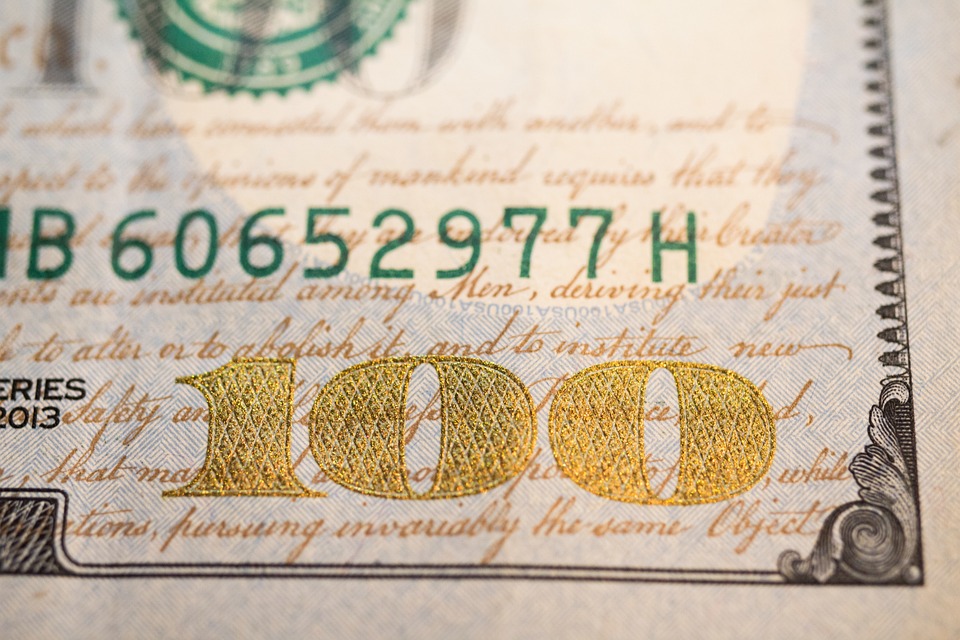
24 Apr How much of my IRA is taxable if I convert to a Roth?
Photo: pixabay.comQ. On IRA contributions, New Jersey taxes the contributions but not the earnings, correct? So if you convert to a Roth, only the earnings that are taxable, right? For example, if an IRA has $100,000, with $40,000 in contributions and $60,000 in earnings, and if a person wants to roll over $20,000, how do they account for the portion that was already taxed?
— Investor
A. We’re glad you’re asking.
No one wants to be taxed twice on the same money.
You are correct that it is only the earnings in your IRA that are ultimately taxable to New Jersey if your IRA was generated via yearly contributions made by you, said Neil Becourtney, a certified public accountant and tax director with Smolin, Lupin & Co. in Red Bank.
But if your IRA was the result of a distribution from a qualified retirement plan such as a 401(k) plan, those funds were not previously taxed by the state, he said.
Then, the entire amount being converted would be subject to New Jersey tax, he said.
Worksheet C found in Publication GIT-1 & 2 would be used to calculate the portion of the traditional IRA being converted to a Roth IRA, Becourtney said.
“A conversion of a traditional IRA to a Roth IRA is effectively a distribution from the traditional IRA that is immediately converted to a Roth IRA,” Becourtney said.
“For the privilege of receiving nontaxable distributions in future years from a Roth IRA, after the five-year waiting period, the taxpayer has to pay tax on the amount that would be taxable had the conversion not occurred.”
Email your questions to .
This story was originally published on April 234, 2023.
NJMoneyHelp.com presents certain general financial planning principles and advice, but should never be viewed as a substitute for obtaining advice from a personal professional advisor who understands your unique individual circumstances.

